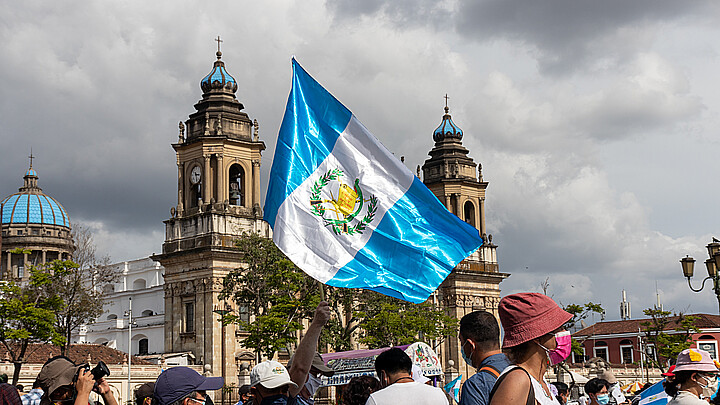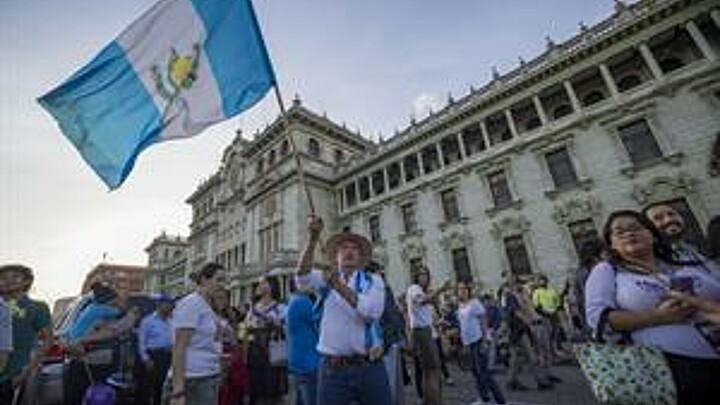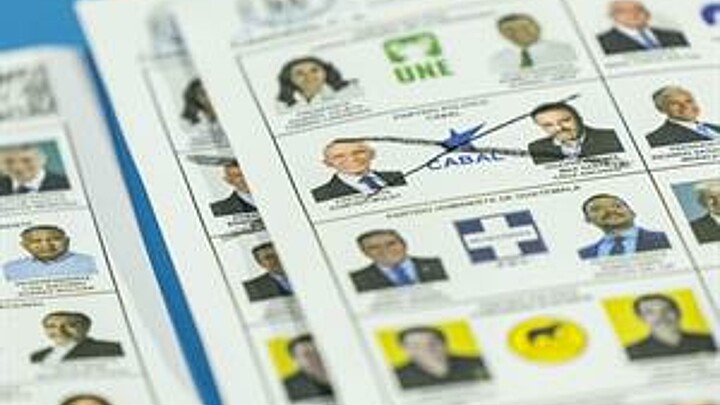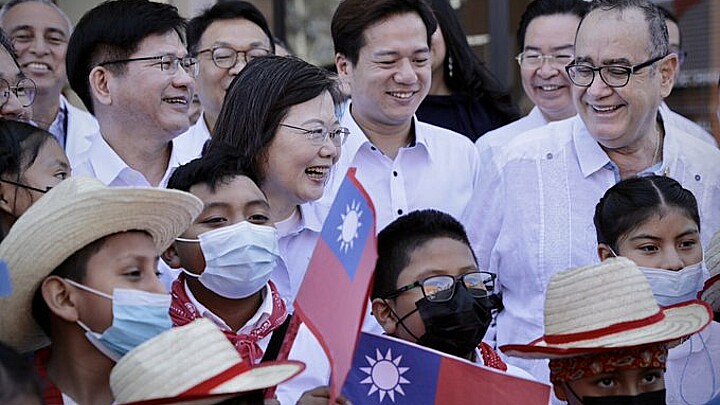Politics
Former U.N. adviser, social democrat candidate wins Guatemalan presidential election
With 99% of the ballots counted, Bernardo Arevalo appears to have won the election by a landslide, obtaining 58% of the votes compared to 37% received by his opponent, former First Lady Sandra Torres
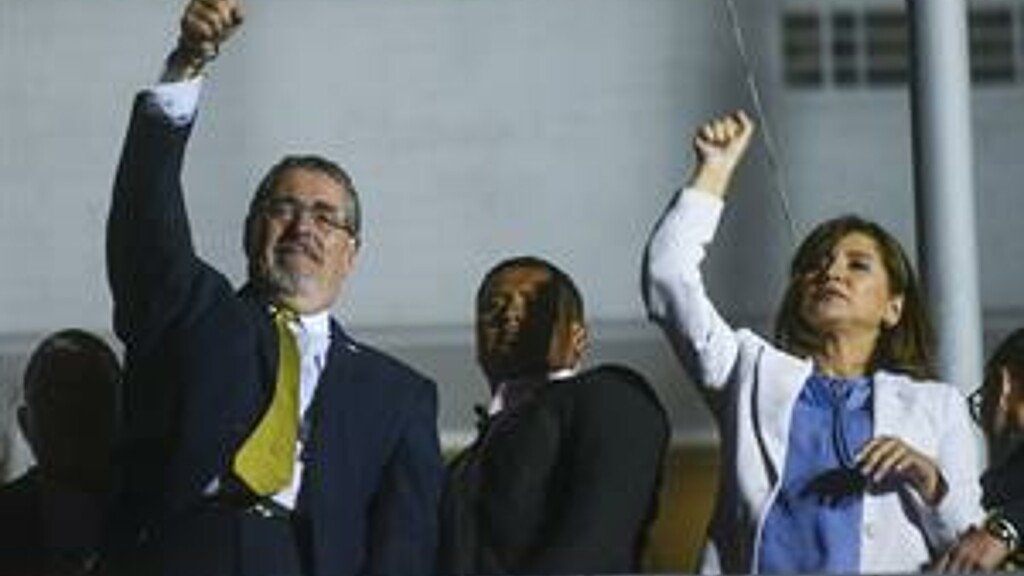
August 21, 2023 2:48pm
Updated: August 21, 2023 2:48pm
Guatemalan citizens elected a center-left, anti-corruption advocate as their new president in the run-off presidential election on Sunday, according to preliminary results.
With 99% of the ballots counted, Bernardo Arevalo appears to have won the election by a landslide, obtaining 58% of the votes compared to 37% received by his opponent, former First Lady Sandra Torres.
Arevalo, a 64-year-old sociologist, and former diplomat, is the head of the social democratic Movimiemto Semilla (Seem Movement). Arevalo’s campaign has focused on fighting against the rampant corruption in the country and he has vowed to “purge institutions co-opted by the corrupt.”
The presidential candidate also vowed to double public investment in order to repair and build roads, improve the airport, and seek investment in grade credit rating within two years.
"This victory belongs to the people of Guatemala and now, united as the Guatemalan people, we will fight against corruption," Arevalo told a news conference after his victory.
If Arevalo’s victory is confirmed by the electoral authority, he will assume power on January 14.
Guatemalan President Alejandro Giammattei congratulated Arevalo for his victory through a tweet and vowed to ensure an orderly transition of power.
“I congratulate the Guatemalans for carrying out the #EleccionesGT2023 in peace, with few isolated incidents,” he said. “I also congratulate @BArevalodeLeon and extend the invitation to start the #TransiciónGT ordered, the day after the results are made official.”
The turnout in these elections was 45%, well below the close to 60% recorded in the first round, which was held on June 25. In the first round, Arevalo obtained 11.8%, behind Torres, of the center-left National Unity of Hope party, who obtained 16%.
Arevalo’s win in the primary elections came as a surprise to the country since the polls placed him in eighth place. The Public Prosecutor's Office also tried to cancel his party and prevent his participation in Sunday’s elections for allegedly forging signatures to form the party and engaging in money laundering.
The president-elect has claimed that the move was an attack by corrupt actors who have been threatened by his anti-corruption campaign.
Arévalo joined the Ministry of Foreign Affairs in the 1980s as a diplomat, served as first secretary and consul at the Guatemalan embassy in Israel from 1984 to 1986, and then acted as minister counsellor from 1987 to 1988.
In 1988, he returned to his home country where he was appointed as deputy director of strategic studies and planning for the Ministry of Foreign Affairs. He subsequently served as director of bilateral foreign policy from 1990 to 1991, international bilateral relations from 1992 to 1993, and international economic and multilateral relations from 1993 to 1994.
In 1995, he began serving as Guatemala's ambassador to Spain. He left the following year and because working with international organizations including Interpeace, the United Nations and the U.S. Institute for Peace.
He previously studied at the Hebrew University in Jerusalem and served as an adviser to San Diego State University.

